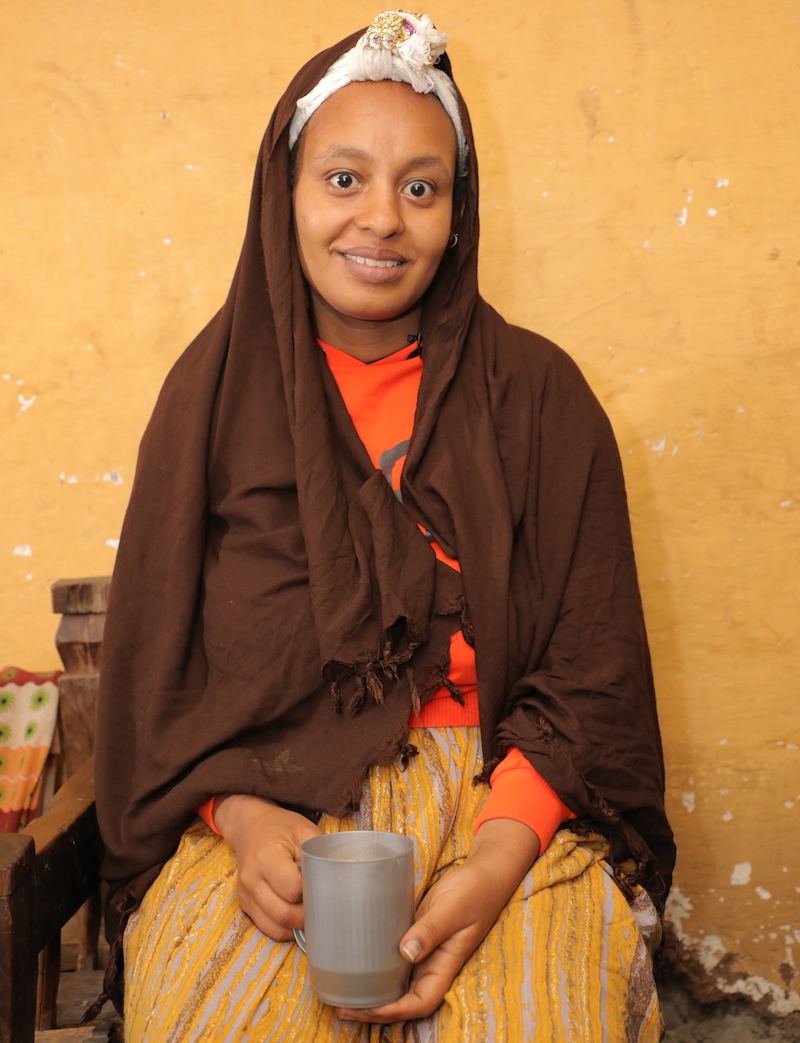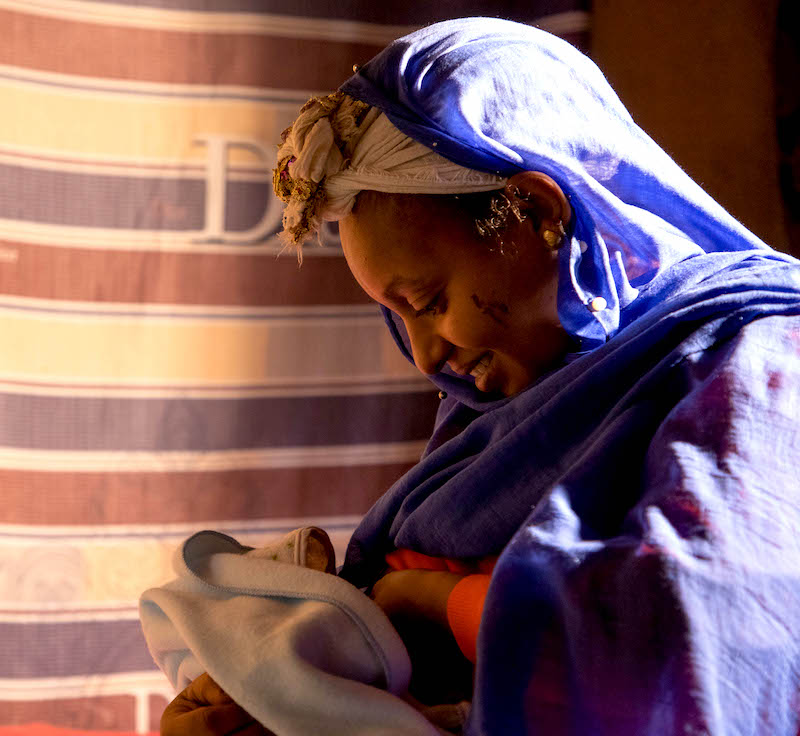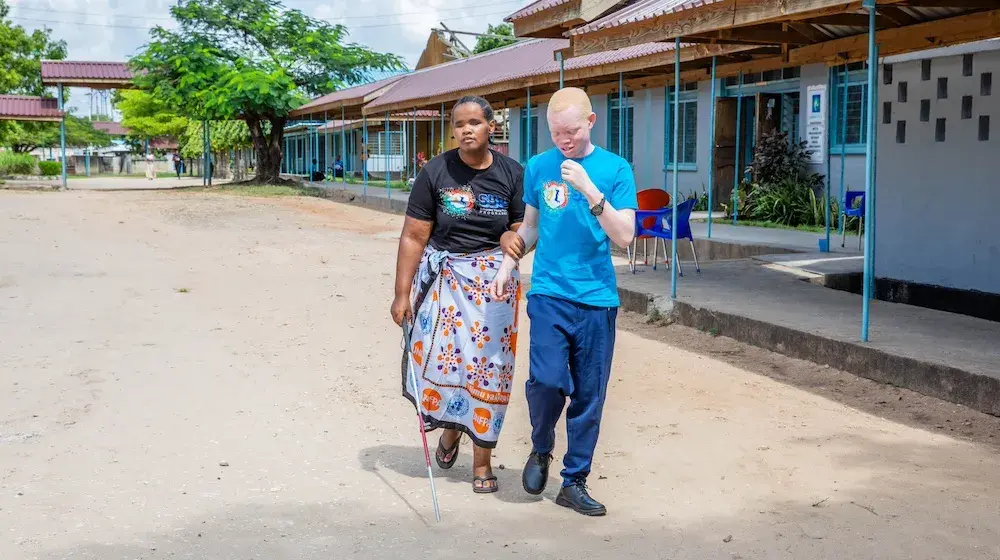ATAYE, Amhara Region, Ethiopia—Mother-of-two Setyelem, 29, had been diligent about going for antenatal check-ups during her first two pregnancies. But during her third pregnancy while carrying twins, inter-communal fighting broke out in her hometown of Ataye.

The situation was severely exacerbated when the war in Tigray began a short while later.
Setyelem became so afraid to leave her home that she opted out of her antenatal appointments, which are critical for identifying any potentially life-threatening complications.
She wasn’t the only woman forced to make such a difficult decision. Many pregnant women have been severely affected by the conflict and resulting humanitarian crisis in Ethiopia. Health facilities have been damaged in the fighting and health-care workers have fled, leading to shortages in critical medicines and supplies. Hospital referrals have also been severely hindered by poor security and a weakened system of referrals.
As the conflict grew more intense, Setyelem fled with her children to the town of Kara Kore to stay with her mother. It was then that her worst fear was realised. At seven months pregnant, she felt intense pain and her water broke – yet her babies weren't due for another two months.
Although she still feared for her safety, she no longer had a choice about seeking medical attention. She visited a health centre where she received an ultrasound scan and a prescription for a suspected infection.
Yet her pain didn't subside. She returned to the health centre and was assured that everything was fine with her pregnancy, but her pain worsened.
Fearing what might happen if she didn't receive timely assistance, her family sought advice from Abiyot, a midwife at the Chela Robit Health Centre.

Abiyot had received training under a UNFPA project entitled "Addressing Sexual and Reproductive Health and Gender-Based Violence", with funding from Japan. This aims to improve the health and well-being of those living in districts affected by the conflict and COVID-19 in the Amhara and Benishangu Gumuz regions. Due to the higher need for skilled birth attendance and emergency obstetric and neonatal care for women in these regions, the project trained health-care workers in local health centres, and created referral linkages with higher level hospitals and health centres. Ambulances were also provided to the local health centres.
Thanks to the training, Abiyot understood the urgency of Setyelem’s situation and sent an ambulance to rush her to the health centre.
The danger of her predicament quickly became clear when he assessed her. Not only was she fully dilated and in labour – at just seven months – but her labour was obstructed.
In instances like this, it is critical that pregnant women have access to timely, high-quality medical treatment. If treatment is delayed, a prolonged, obstructed labour can lead to an obstetric fistula, one of the most serious and tragic childbirth injuries. A hole develops between the birth canal and bladder and/or rectum, leaving the woman leaking urine, faeces or both. It often leads to chronic medical problems, depression, social isolation and deepening poverty. In most instances, the baby does not survive the obstructed labour.
Ensuring life-saving health services for women
Abiyot had been trained to deal with pregnancy complications, and he knew what to do. He performed an emergency Caesarean section and delivered Setyelem's twin girls. Despite arriving so early, the babies were healthy and weighed over 2kg each.
Setyelem was grateful to Abiyot and the UNFPA project for saving the lives of her babies.
Her experience with this birth is a reminder of the importance of access to quality health care for pregnant women, especially in times of conflict and humanitarian crisis. The UNFPA project is helping to ensure that women like Setyelem have the care they need to deliver healthy babies.
The project also aims to increase access to and availability of quality information and services on gender-based violence and sexual and reproductive health for 80,000 vulnerable women, girls, adolescents and youth.




